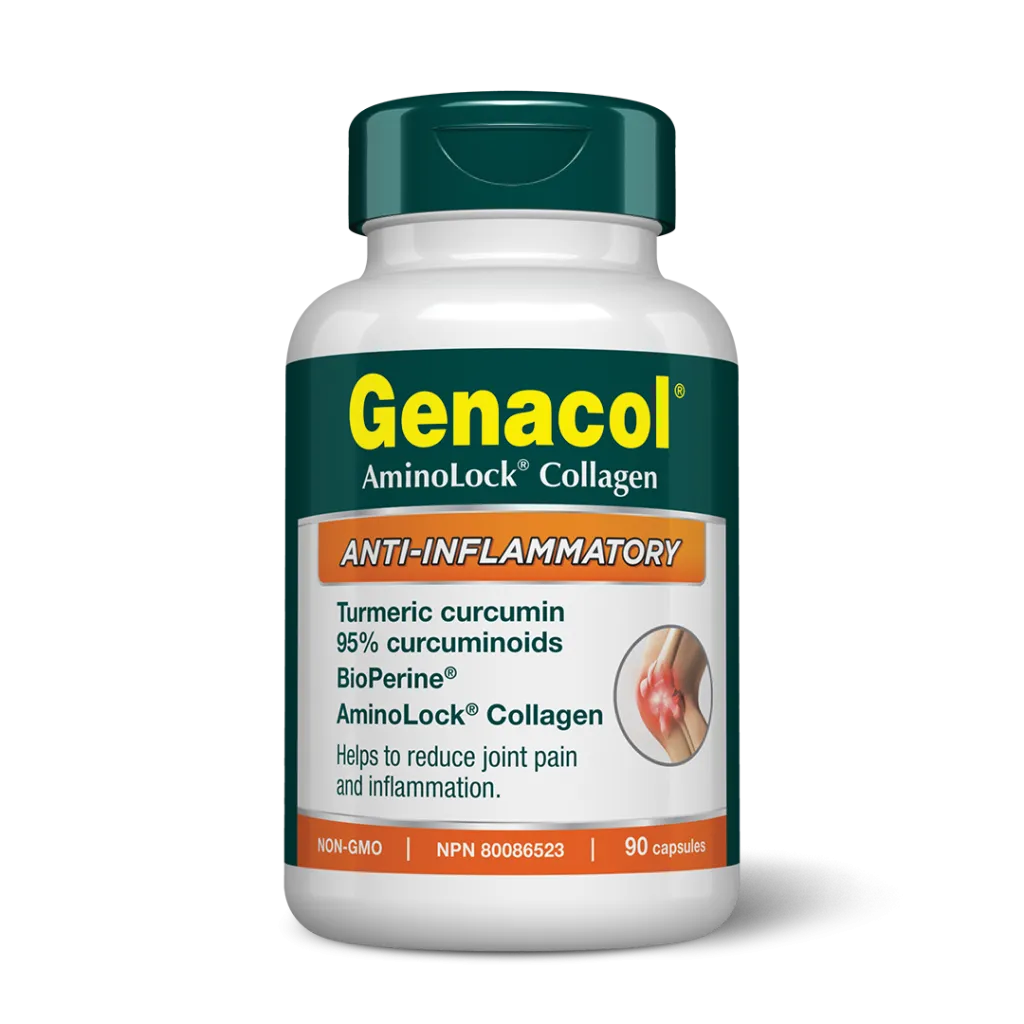Have you ever heard of free radicals? Often mentioned in the health field, few truly understand what they are and, more importantly, how they affect our bodies. These unstable molecules can cause damage to our system.
In this article, discover what free radicals really are, their impact on our bodies, and, most importantly, how the right diet can help combat them effectively.
Free radicals are unstable molecules that contain one or more unpaired electrons. This instability makes them highly reactive, causing them to easily interact with other molecules in the body, such as lipids, proteins, and DNA. These interactions can lead to cellular damage.
According to the Canadian Cancer Society, “Free radicals can accumulate in cells and cause damage to other molecules, which may increase the risk of cancer and other diseases.”
The damage caused to healthy cells by free radicals is known as oxidative stress. This phenomenon is believed to play a key role in the development of various diseases and occurs when the concentration of free radicals exceeds the body’s ability to neutralize them with antioxidants.
The production of free radicals is a natural part of the body's functioning. For example, when fighting an infection, the body generates these molecules to eliminate pathogens. However, chronic inflammation leads to excessive production of free radicals, which exacerbates cellular damage. This is why managing inflammation effectively is essential for maintaining overall health.
Free radicals can originate from various sources, some of which are unavoidable, while others are influenced by our lifestyle choices. Here are the main sources:
Harmful airborne particles from pollution can generate free radicals when inhaled.
The combustion of tobacco and the numerous chemicals in cigarettes release large amounts of free radicals, leading to cellular damage.
Excessive consumption of processed foods and refined sugars promotes free radical production due to artificial additives and processing methods.
Prolonged sun exposure without protection stimulates the formation of free radicals in the skin, accelerating aging and increasing the risk of cellular damage.
Chronic stress increases free radical production in the body, contributing to inflammation and premature cellular aging.
Antioxidants are compounds that neutralize free radicals, thereby reducing cellular damage. They work by donating an electron to free radicals, stabilizing these unstable molecules and preventing harmful reactions within the body. Many foods are naturally rich in antioxidants, including:
Berries, citrus fruits, spinach, and carrots are particularly rich in vitamins C and E, powerful antioxidants that help protect cells from damage.
Rich in polyphenols, green tea is known for its strong antioxidant properties and its role in reducing oxidative stress.
Sources of fatty acids, such as omega-3s, nuts and seeds act as antioxidants and help combat oxidative stress.
Spices like turmeric and ginger contain antioxidant compounds that are beneficial to the body.
By incorporating these foods into our daily diet, we can reduce the accumulation of free radicals and, consequently, lower the risk of diseases associated with oxidative stress.

Our Genacol Anti-Inflammatory supplement unleashes the full power of turmeric, known for its exceptional properties in combating inflammation, particularly joint inflammation caused by osteoarthritis.
If you suffer from joint pain and are concerned about the effects of free radicals on your overall health, this supplement could become a valuable ally in your fight against inflammation and oxidative stress.
Order your favorite Genacol product online and have it delivered to your door with ease.
Wherever you are in Canada, there’s always a pharmacy nearby where you can find your favorite Genacol products.
© All rights reserved. Genacol 2025

Please wait while you are redirected to the right page...